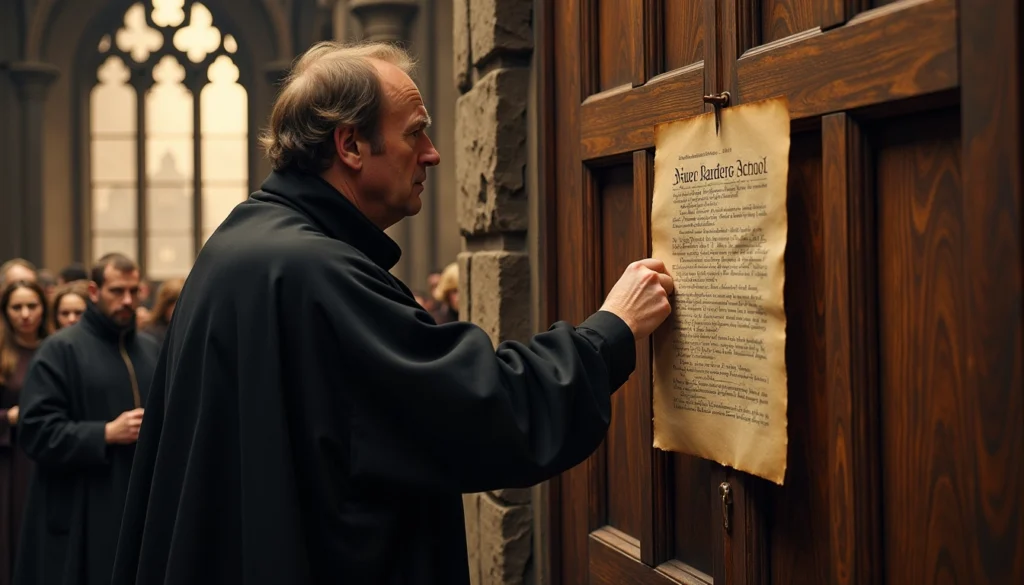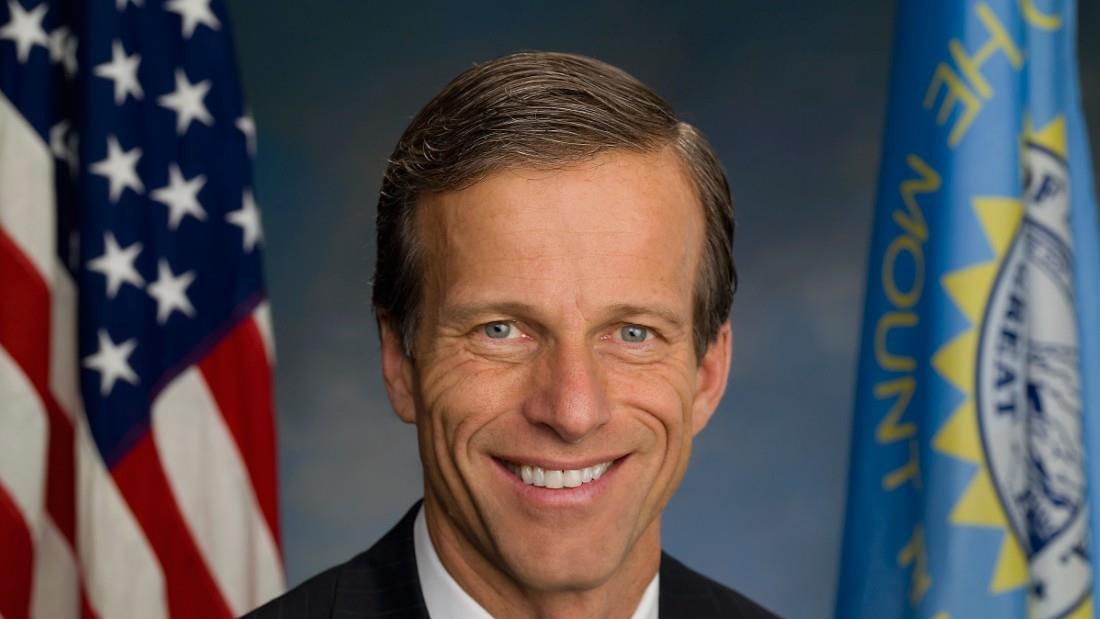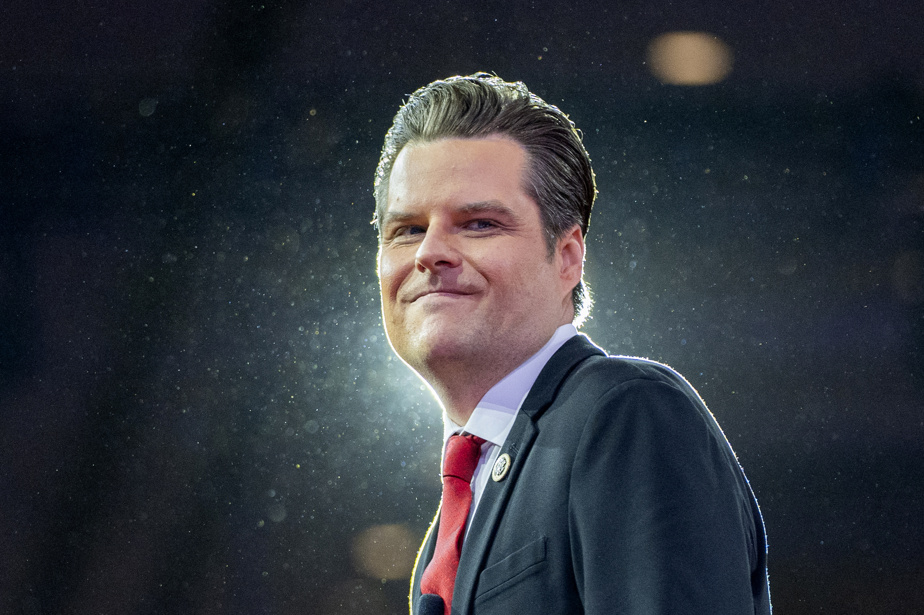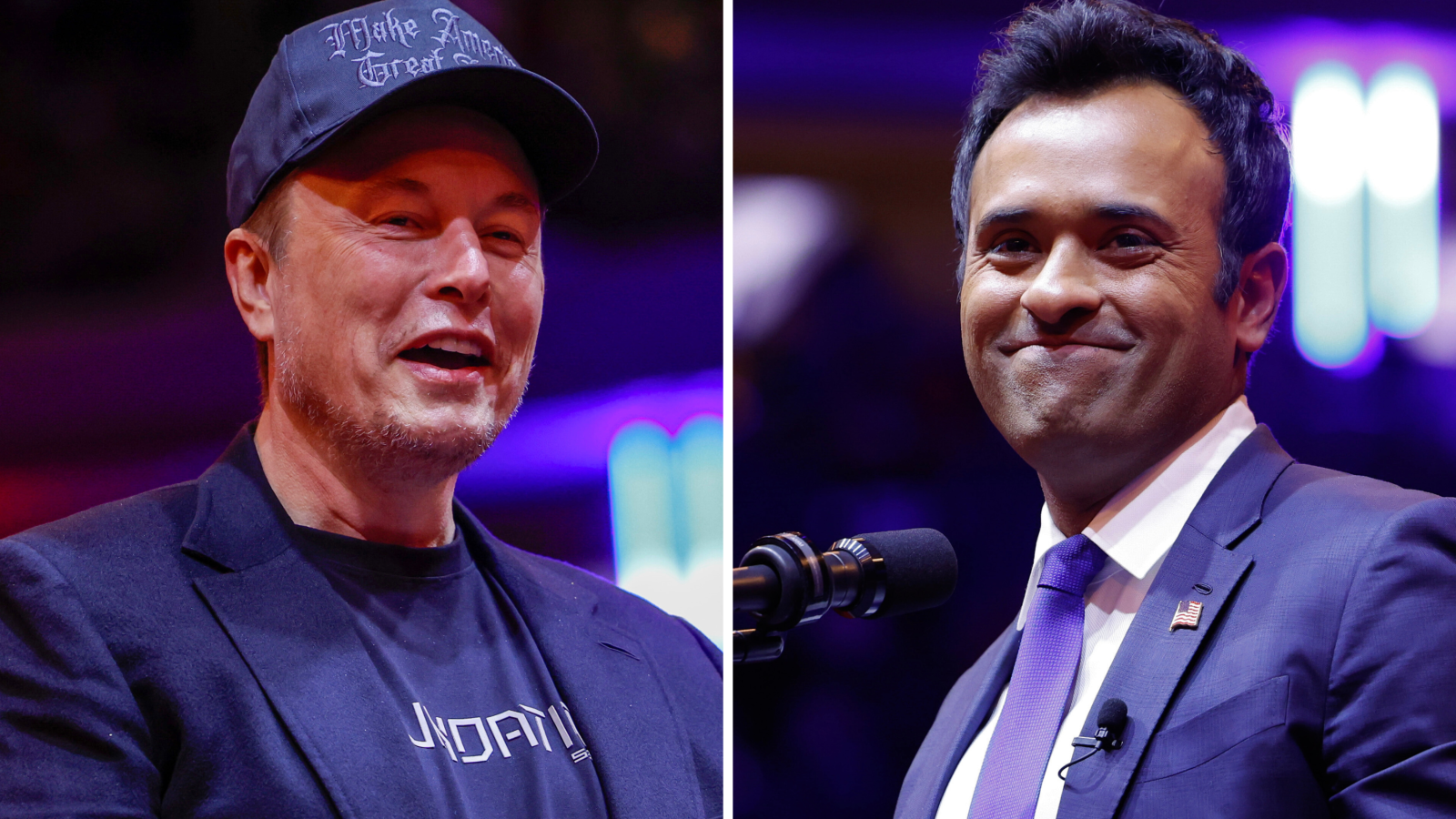
Introduction to ReIntroduction to Reformation Day
Reformation Day, observed on October 31, commemorates the pivotal moment in 1517 when Martin Luther famously nailed his Ninety-Five Theses to the door of the Castle Church in Wittenberg, Germany. This act is recognized as the catalyst for the Protestant Reformation, a movement that sought to address issues within the Roman Catholic Church and ultimately led to the establishment of various Protestant denominations. Today, as we reflect on the significance of Reformation Day, we also look at current events and discussions surrounding this important date.
The Historical Context of Reformation Day
The Birth of Protestantism
The Reformation was not merely a religious upheaval; it was a profound cultural shift that reshaped Europe. Martin Luther’s challenges to church practices, particularly the sale of indulgences, emphasized a return to biblical authority and personal faith. This call for reform resonated with many, leading to a series of theological debates and the emergence of figures like John Calvin and Huldrych Zwingli. For a deeper dive into this historical context, check out Christian History Institute.
Key Events Leading Up to the Reformation
- The Influence of Renaissance Humanism: The Renaissance brought about a renewed interest in classical learning and individualism, encouraging critical thought about religious doctrines. You can read more about this period at History.com.
- The Printing Press: The invention of the printing press by Johannes Gutenberg played a crucial role in disseminating Reformation ideas. Luther’s writings quickly spread across Europe, igniting reformative thoughts.
- Political Factors: Various political entities, such as German princes, found Luther’s ideas appealing as they sought to diminish the power of the papacy and assert their independence.
Current Observances and Events on Reformation Day 2024
Commemorative Services and Events
Today, Reformation Day is celebrated with various church services and educational events across the globe. Many Protestant churches hold special services highlighting the significance of Luther’s actions and teachings. For instance, in Wittenberg, the birthplace of the Reformation, ceremonies often include readings of the Ninety-Five Theses and reflections on the ongoing relevance of Luther’s work. Learn more about specific events at Lutheran World Federation.
Online Celebrations and Webinars
In recent years, particularly due to the COVID-19 pandemic, many churches and organizations have shifted to online formats for their Reformation Day celebrations. This year, virtual webinars and discussions have become a popular means of engaging congregants and interested individuals in dialogues about faith, reform, and social justice issues within the church today. Resources for these events can often be found on platforms like Zoom and Eventbrite.
Theological Discussions and Debates
Relevance of Luther’s Teachings Today
Modern-day theologians often revisit Luther’s core principles, such as justification by faith alone and the priesthood of all believers. These concepts continue to influence contemporary Christian thought and practice. In discussions around social justice, many theologians argue that Luther’s emphasis on personal responsibility in faith can be linked to today’s movements advocating for equity and justice. For a comprehensive view, visit The Gospel Coalition.
New Perspectives on Reformation
In recent years, there has been a growing interest in examining the Reformation from diverse perspectives, including those of women, marginalized communities, and non-Western interpretations. The call for inclusivity in discussions about the Reformation reflects broader societal changes and encourages a more holistic understanding of history. For resources on these perspectives, check out Women in the Reformation.
Interviews and Insights from Scholars
To gain further insight into the impact of Reformation Day and its teachings, we spoke with Dr. Emily Thompson, a theologian specializing in Reformation history. She noted, “Reformation Day serves as a reminder not only of historical changes but also of the need for ongoing reformation within our communities. The church must continually seek to align itself with biblical teachings and address contemporary issues.” For further insights from scholars, visit The Center for the Study of the Reformation.
Celebrating Reformation Day in the Digital Age
The Role of Social Media
Social media platforms have become pivotal in the celebration of Reformation Day, enabling congregations and individuals to share messages, reflections, and teachings related to the Reformation. Hashtags like #ReformationDay and #Luther2024 have seen increased activity, showcasing a global engagement with this significant event.
Digital Resources for Learning
Numerous resources are available online for those interested in deepening their understanding of the Reformation. Websites such as The Gospel Coalition and Desiring God offer articles, videos, and podcasts that explore Reformation themes and their application today. Additionally, consider checking out Christianity Today for articles focused on contemporary issues.
The Intersection of Reformation Day and Social Issues
Addressing Contemporary Challenges
In today’s society, discussions surrounding race, gender, and economic disparity have become crucial. Many churches are engaging in these conversations, drawing parallels between Luther’s challenge to systemic issues within the church and the modern-day call for justice and equity. Resources like Sojourners provide insightful articles on these topics.
Initiatives and Movements
Various church-led initiatives aim to address these issues, demonstrating the ongoing relevance of Reformation principles. For example, some congregations are hosting community forums to discuss the church’s role in social justice and how faith can inform action against inequality. A great example of such initiatives can be found at World Vision.
Reformation Day Across the Globe
Global Observances
Reformation Day is not confined to Germany or the United States; it is celebrated in various forms worldwide. Countries like Sweden, Switzerland, and the Netherlands also recognize this day, often incorporating national history into their celebrations. For a global perspective, see Global Christianity.
Cultural Adaptations
Different cultures have adapted the celebration of Reformation Day to reflect their unique contexts. In some regions, it involves traditional music, local food, and community gatherings that strengthen the bond between faith and culture.
Future of the Reformation Movement
Emerging Leaders and Voices
As we move forward, new leaders and voices are emerging within Protestant communities, bringing fresh perspectives and ideas. This next generation is focusing on issues like environmental stewardship, mental health, and interfaith dialogue, reflecting the evolving landscape of the church.
The Importance of Ongoing Reform
The essence of Reformation Day is not just to remember the past but to encourage ongoing reform in the church and society. As Luther once said, “The reform of the church must begin with the people.” This principle remains relevant as congregations strive to adapt to the changing world while staying true to their foundational beliefs.
Conclusion
Reformation Day serves as a powerful reminder of the transformative potential of faith and the ongoing need for reform within the church. As we reflect on Martin Luther’s legacy, we are also called to consider how we can contribute to the continued renewal of our communities and society as a whole. Whether through worship, dialogue, or action, each of us has a role in this vital mission.
Internal and External Resources
For more in-depth articles on contemporary issues facing the church and society, visit The Newsify. For further historical context, consider exploring resources from Christian History Institute, Lutheran World Federation, and Christianity Today.









Leave a Reply